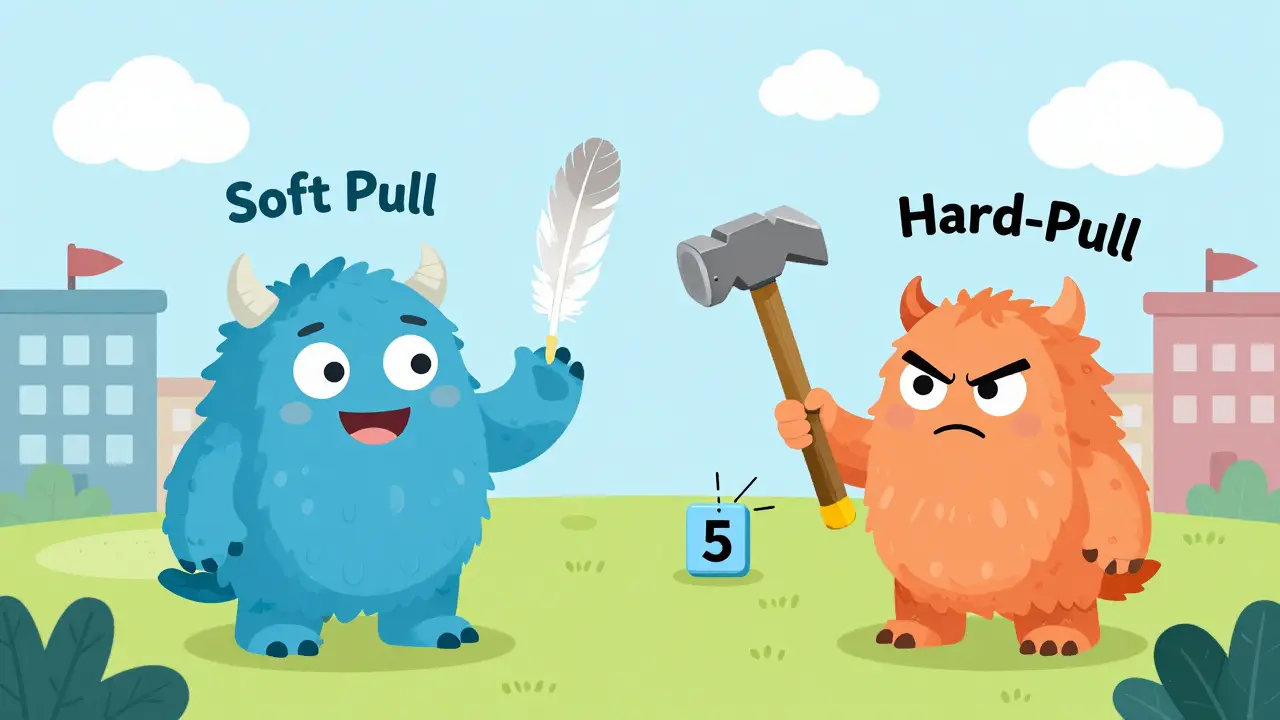Broker Approval: What It Really Takes to Get Approved for Trading Accounts
When you apply for a broker approval, the process financial firms use to verify your identity, financial status, and investment experience before letting you trade. Also known as account onboarding, it’s the gatekeeper between you and the markets. It’s not about passing a test—it’s about proving you’re who you say you are and that you understand the risks. Many people think it’s just paperwork, but brokers are legally required to assess your risk profile, source of funds, and trading intent. Skip this step, and you can’t buy a single share.
Behind every broker approval are three core checks: identity verification, confirming your name, address, and government ID matches official records, financial disclosure, where you report income, net worth, and investment experience, and compliance screening, a scan for past financial crimes, sanctions, or suspicious activity. These aren’t optional—they’re enforced by regulators like the SEC and FINRA. If you’ve ever been asked for a utility bill or W-2, that’s why. Brokers don’t want to be fined for letting in someone who’s hiding something.
Some applications get denied not because of bad credit, but because of mismatched info. A typo in your address, a name that doesn’t match your driver’s license, or claiming you’re an experienced trader when you’ve never bought a stock before—these are red flags. One trader we talked to got rejected twice because his middle initial was missing on his bank statement. It took him three weeks to fix it. Others get flagged for applying to multiple brokers at once, which looks like a pattern of evasion. The system isn’t broken—it’s designed to catch fraud, not inconvenience you.
What you need to succeed isn’t a high income or fancy resume—it’s consistency and clarity. Use your legal name everywhere. Match your documents exactly. Be honest about your experience. If you’re new, say so. Brokers don’t punish beginners—they punish dishonesty. And if you’re applying for margin or options trading, be ready to explain why you need it. That’s not a trick question; it’s a safety check.
You’ll find real examples of what got people approved—or denied—in the posts below. Some show how to handle complex situations like foreign income or self-employment. Others break down what brokers look for in your risk profile, how fees affect approval, and why your tax history matters more than you think. Whether you’re trying to open your first account or switching brokers after a rejection, the answers here aren’t theory—they’re what people actually did to get through.



